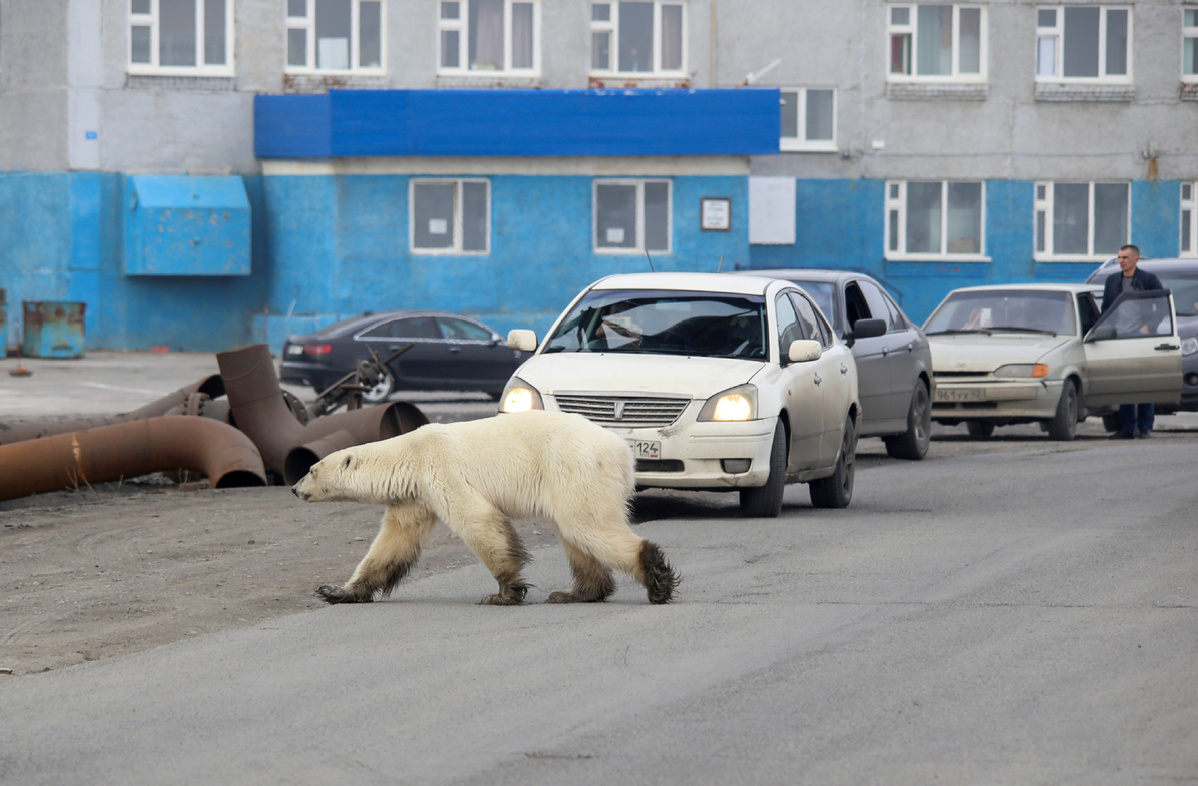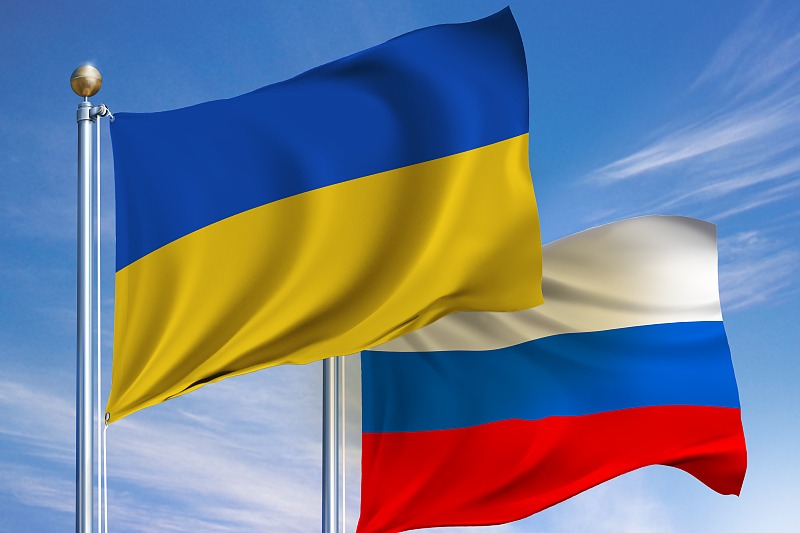Horrible year: Arctic facing record ice loss in June


COPENHAGEN - Scientists said 2019 could be another horrible year for the Arctic with record temperatures already registered in Greenland - a giant melting icicle that threatens to submerge the world's coastal areas one day.
"It's possible that we could break the records set in 2012 for both lowest Arctic sea ice extent ... and for a record-high Greenland ice sheet melt," warned Ruth Mottram, a climatologist at the Danish Meteorological Institute.
"It is very much dependent on weather conditions this year."
A striking photograph of the early ice melt taken last week by an institute scientist in Denmark's northwestern Greenland, has gone viral.
While researching oceanographic moorings and a weather station, Steffen Olsen snapped a picture of his sled dogs pushing through a fjord, the sea ice submerged under several centimeters of meltwater.
Under a bright blue sky, with a snow-free mountain in the background, the dogs appear to be walking on water.
"The picture is striking ... because it really visualizes how the Arctic is changing," Mottram said.
Locals who accompanied Olsen's expedition "didn't expect the sea ice to start melting that early. They usually take that route because the ice is very thick, but they had to turn back because the water was deeper and deeper and they couldn't" advance, she said.
On June 12, the day before the photograph was taken, the closest weather station, in Qaanaaq, registered temperatures of 17.3 C, just 0.3 points lower than the record set on June 30, 2012.
"There was a dry winter and then recently (there has been) warm air, clear skies and sun - all preconditions for an early melting," Mottram explained.
As the atmosphere heats up, the phenomenon is expected to accelerate, changing the way of life for the local population - who will see shorter hunting seasons on the ice, on which they depend for their survival - as well as an altered ecosystem.
The number of polar bears in the Arctic has decreased by around 40 percent in the past decade due the shrinking ice, according to the US Geological Survey.
Narwhals - whales with a large unicorn-like tusk, found in the Arctic - are seeing their natural ice shelter from their main predator, killer whales, dwindle.
Early melting
The melting sea ice is one thing. But it is the melting of the ice sheet and glaciers that has a direct impact on rising sea levels worldwide.
Greenland's Summit Station, located at an altitude of 3,000 meters, on April 30 recorded the warmest temperature in its history, at -1.2 C, according to the meteorological institute.
On June 17, Greenland lost 3.7 billion toes of ice in a single day, it said.
Since early June, 37 billion tons of ice have melted, Xavier Fettweis, a climatologist at the University of Liege, wrote on Twitter.
"It becomes more and more likely that a record of mass loss will be broken for the month of June in 2019," he wrote.
Agence France-Presse
































